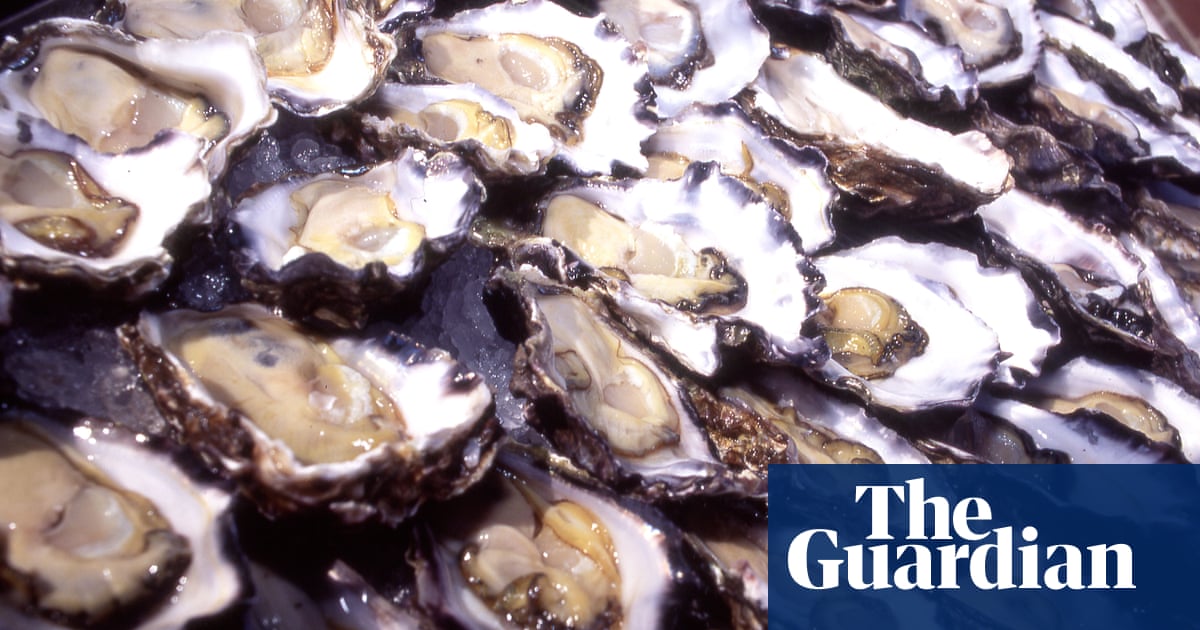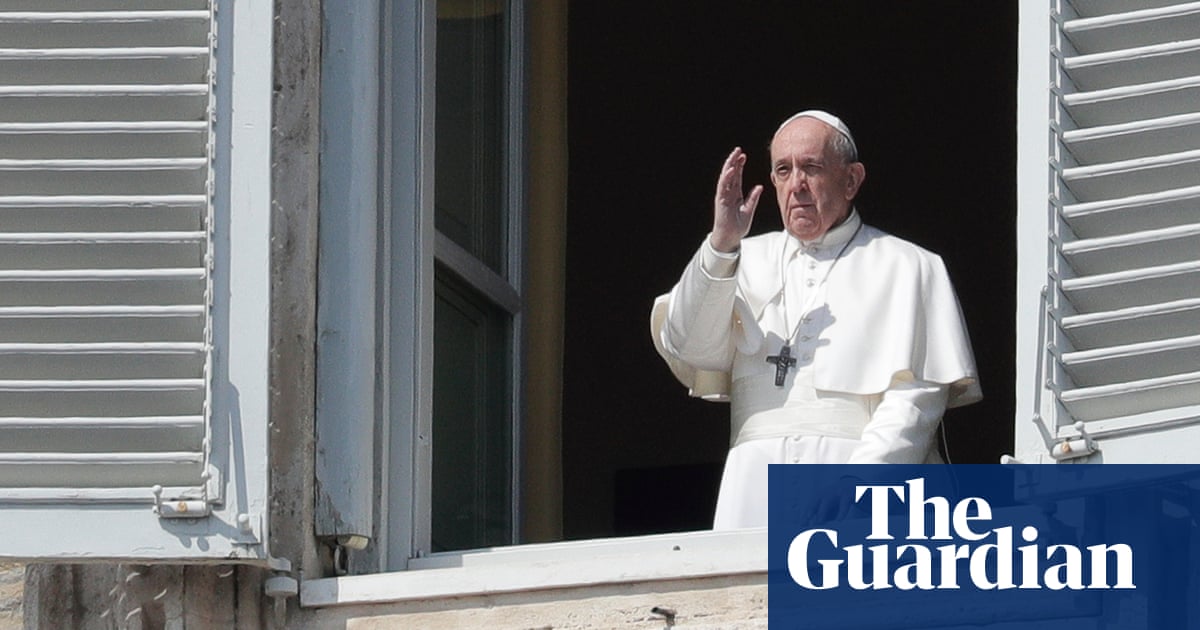No tinsel but plenty of tangled woods. So much in fairytale overlaps with Shakespeare: death-defying stupors, disguises, ambiguous magicians, unparented heroines. Yet the folktale kernel is distinct: a raw picture of the unconscious, free of precise character traits. We may know what Goldilocks had for breakfast but it’s hard to imagine the sound of her voice.
Both differences and overlaps make it a marvellous idea for the RSC to stage The Red Shoes. Hans Christian Andersen’s story of a girl compelled by her magical footwear to dance continues to yield different interpretations: his fairytale about enchanted galoshes doesn’t seem to have taken off in the same way. Originally a brutal warning against vanity – the heroine gets her feet chopped off – the 1845 tale was turned by Powell and Pressburger’s haunting 1948 movie into a terrifying study of the tug in a ballet dancer between vocation and desire. I remember with jolting clarity Emma Rice’s adaptation for Kneehigh in 2000, when I sat on a bale of straw in the Lost Gardens of Heligan, watching a disembodied pair of ballet shoes pursuing the heroine, with ribbons streaming from them like blood.
Playwright Nancy Harris’s new version ends on the proclamation that heroines should take charge of the story of their lives and not be bossed around. The plot does not convincingly lead up to this wishful interpretation: the shoes may be liberators – dancing the heroine into abandon, forcing her to reveal her gift – but they are also dictators. The story can only have power if it leaps over logic, fuelled by the wildness of imagination evident in Kate Bush’s video for her sung version, a wonderful whirl in which exhilaration is mixed with fear. Harris’s adaptation is too polite, too naturalistic to dispel common-sense objections. The heroine does get her feet hacked off (groans rose from the audience at this piece of shadow play), but much of the show is given over to easy social satire. It needs to take its feet, or stumps, off the ground much earlier.
As it suddenly does halfway through when, in the middle of a starchy dinner at which her adoptive parents aim to present the orphan child to polite society, the young girl rebels by bursting out into ballet. Nikki Cheung is a trained dancer. As she spins around the stage in a ragged black tutu, she no longer struggles to explain herself with words, but imposes with the language of gesture. Choreographed by Kimberley Rampersad, who also directs, Cheung bends inwards towards her spectators and pulls away, sucking people towards her, lifting the evening into another dimension.
It is a visually sumptuous occasion. Colin Richmond’s design includes black batlike gothy costumes, and his set is, in a way I’ve not seen before at the RSC, terrifically wraparound. Stage and auditorium are flooded in red light, designed by Ryan Day: the edges are fuzzy, as if the proscenium arch had slipped itself into a fluffy mule. That’s impressive, though it strikes me as too soft for the pain and terror of this tale. Unless. In one disputed interpretation of Cinderella it is claimed that the slipper is not really glass at all but fur – and really a reference to the heroine’s private parts. Could there be a similar suggestion here? The evening closes on a memorable scarlet image, in which the red stage is ripped by a streak of brightness like a lightning flash. Vulva anyone?

Beru Tessema’s plays are the polar opposites of fairytale. Urban, rooted in specific places and particular speech. House of Ife (2022) showed a family divided between Addis Ababa and London: Tessema is himself British-Ethiopian. Wolves on Road has some of the same preoccupations – with family loyalty and awkwardness, city poverty, attempts to recover a fading communal life.
The central subject – cryptocurrency – can be galvanic in the theatre. Fifteen years ago Lucy Prebble’s Enron showed how the virtual and the actual, dynamically brought together with screen and stage, video and flesh playing against each other, could throw light not only on financial transactions but on theatrical illusion. Daniel Bailey, who earlier this year directed the sharp Bush hit Red Pitch, stages the action with plenty of zest. Kieran Taylor-Ford and Hassan Najib jitter with nervy excitement as the Bow-based Ethiopian-British and Somali-British twentysomethings who move from selling fake Louis Vuitton bags to trading in bitcoin; the play is driven by the rhythms of their speech and movement. Gino Ricardo Green’s videos flood the stage with fluorescent bars and numbers, violets and reds.
Yet the triggers of the plot – the volatility of financial wheezes, the terrible ease with which people are sucked into dodgy schemes and spat out – are too evident, the consequences too predictable, the dialogue often slow, struggling to keep up with the action. Slight but intriguing plot strands – a youth struggling to cross desert and sea to reach London from Ethiopia; the dream of setting up a local restaurant – straggle. One episode shows what might have been. Jamael Westman (of Hamilton) appears in a blaze of light and rock to evangelise for cryptocurrency. He is a seductive saviour, appealing to gamblers and to revolutionaries alike, promising quick returns but also a return to control of money free from bankers: “Me standing here talking to my community about revolution ’n ’ting!” Fervent, promising and dangerous, as ungraspable as the crypto grail.
Star ratings (out of five)
The Red Shoes ★★★
Wolves on Road ★★★

.png) 1 month ago
21
1 month ago
21













































